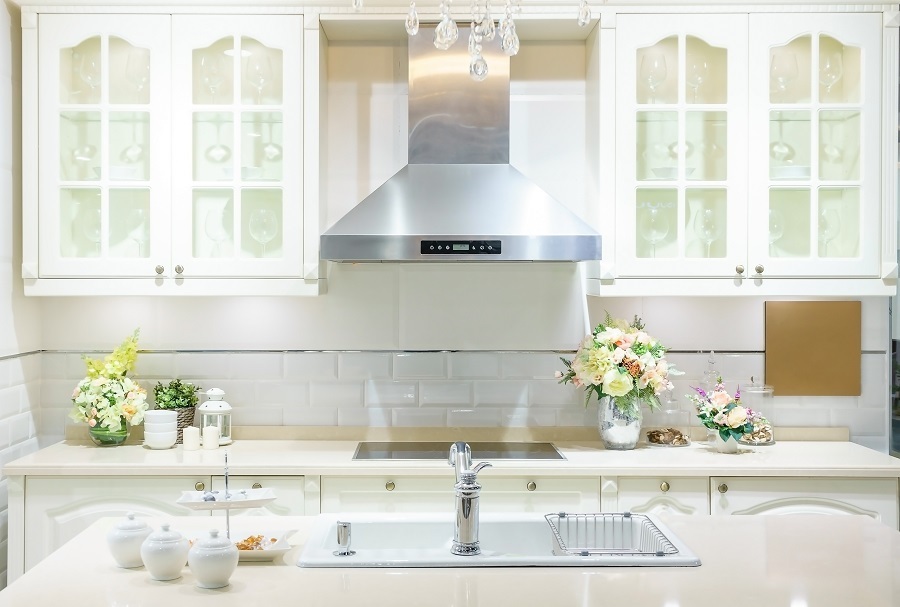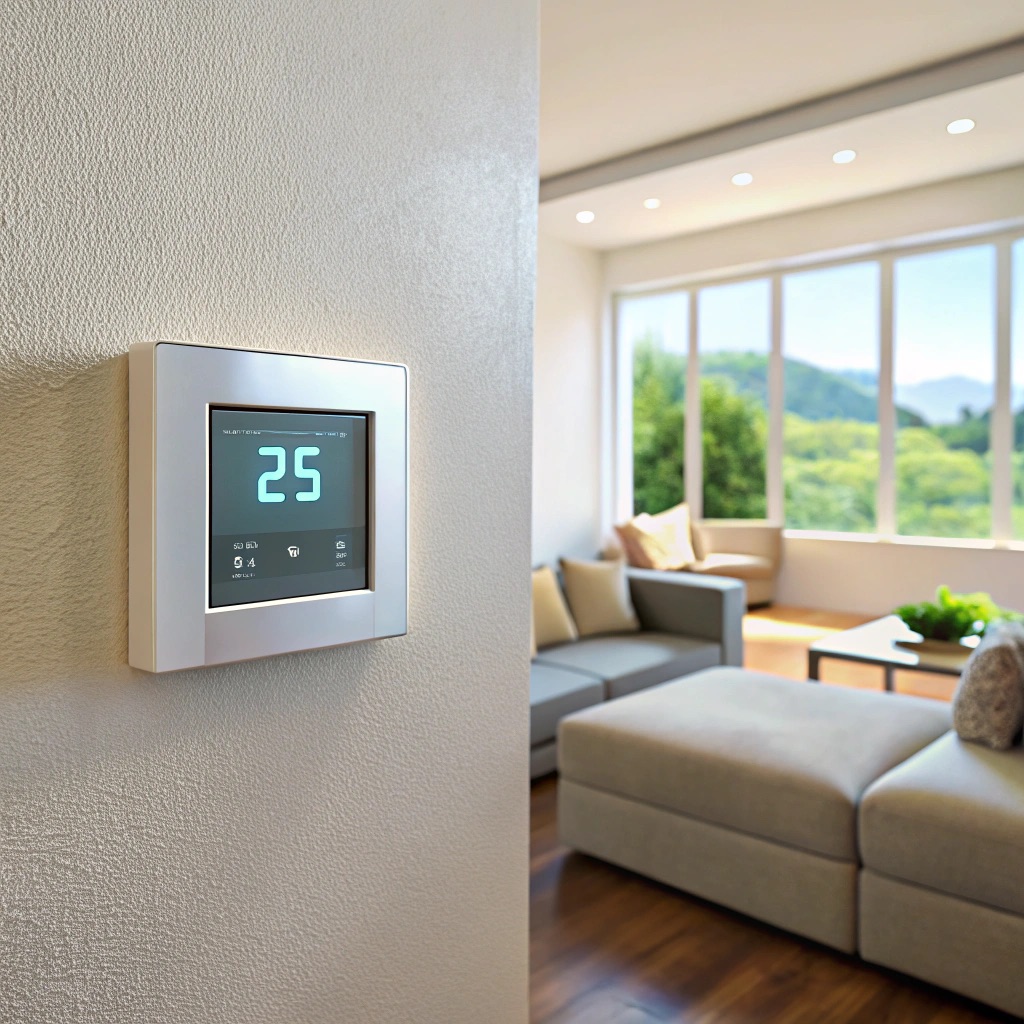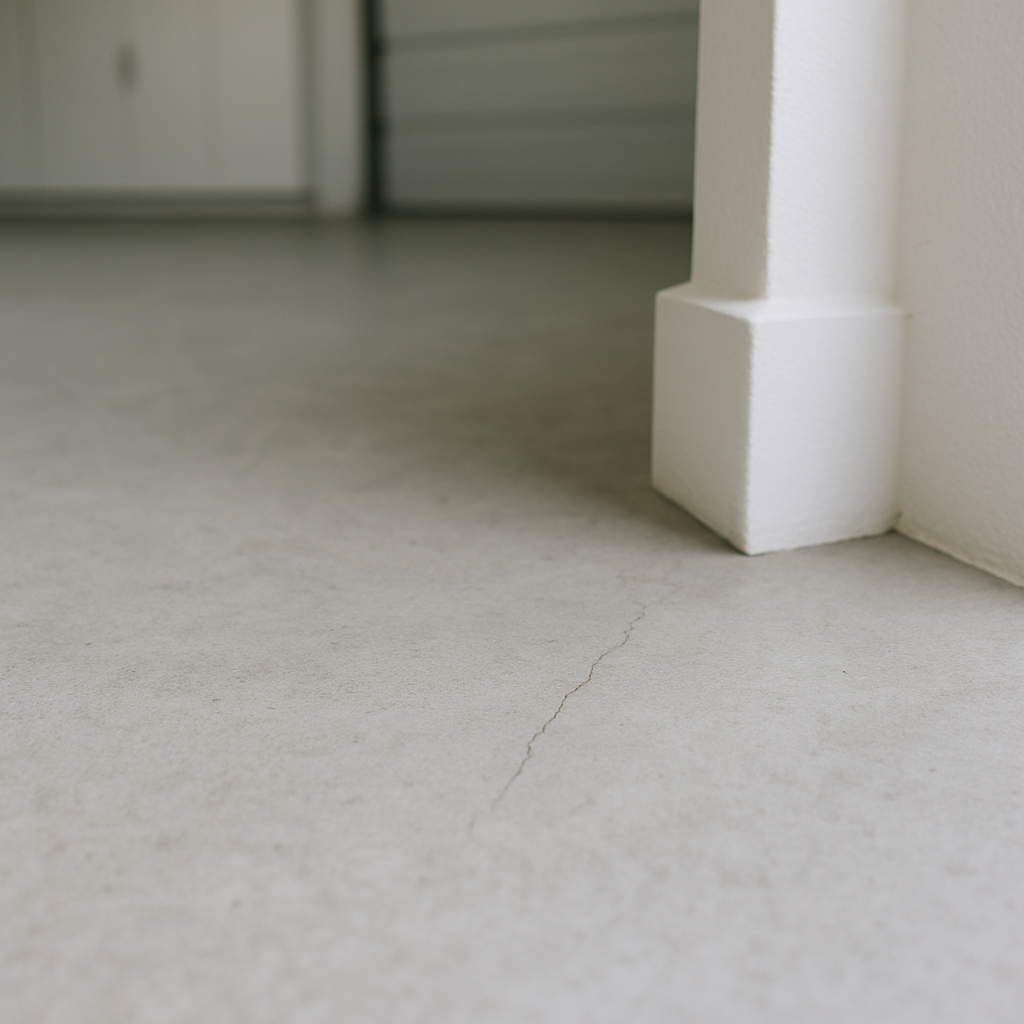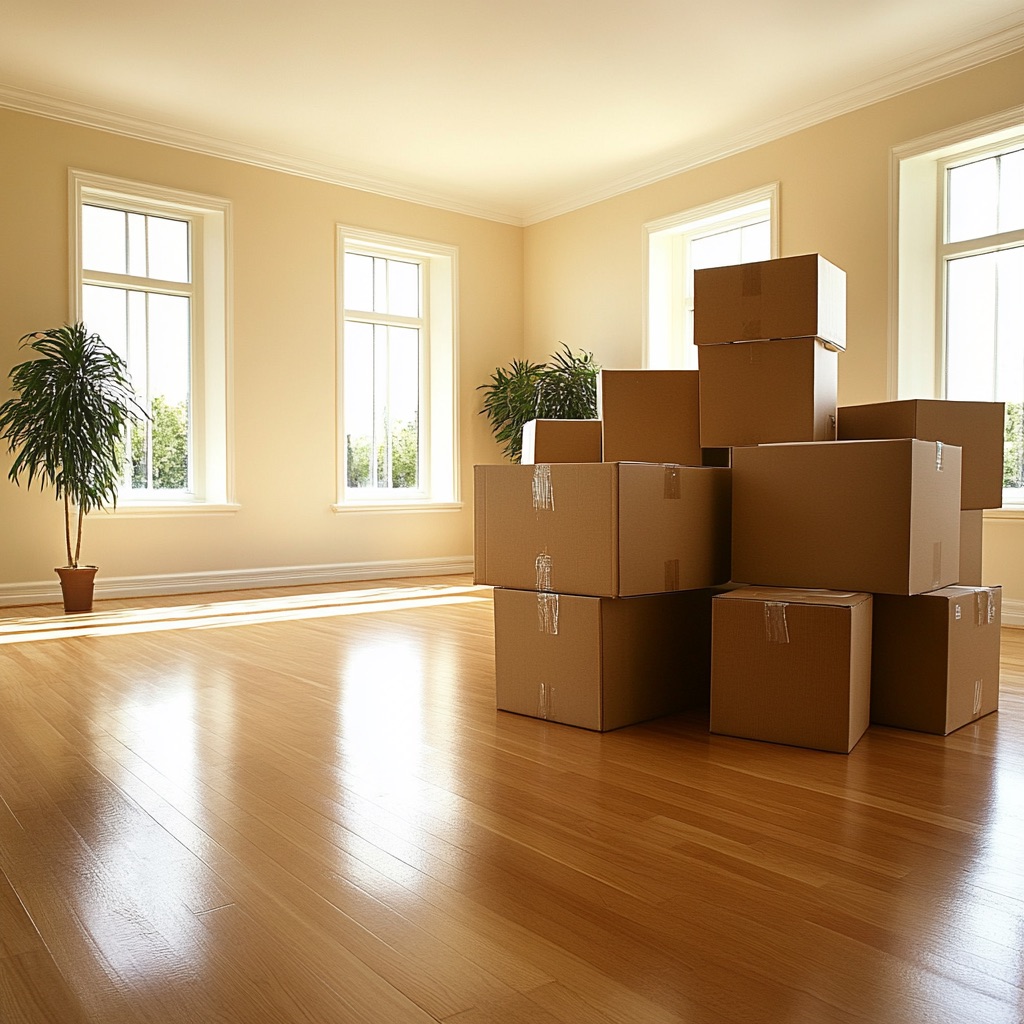Last updated on
Use these five clever tips to maintain your kitchen like a pro chef. It’s easy to keep your cooking space pristine. Read on!
Not everyone is a chef, but you probably spend a lot of time in your kitchen. After all, it’s the social hub of most homes and the place we turn to when we want to throw together a quick dinner or chat with friends while sipping wine.
Whether tackling weeknight meals for your family or preparing meals for holiday festivities, your kitchen is where some of your favorite memories are made.
So, it only makes sense that you would want to keep the kitchen operating smoothly and looking its best at all times. Even if you’re not keeping up with tasks like deep-cleaning regularly, it’s possible to uphold these standards.
You can take the first steps toward maintaining the heart of your home by following five tips from professional housekeepers and contractors.
What's Inside
Repair Leaks and Clogged Drains

If you are not careful and diligent with maintenance, you might have leaky taps and clogged drains. As such, you need to ask yourself – does your homeowners insurance policy cover water damage? Because that’s what will happen if you have clogged drains and leakage in your kitchen.
Most homeowners’ insurance policies include protection against accidental and sudden water damage. However, it doesn’t cover damages caused by a homeowner’s negligence or failure to maintain the house.
In such cases, your claim will not hold water, and the expense of the damage will fall on you. Therefore, it’s imperative to maintain and keep your kitchen in good shape to avoid bigger expenses down the years.
One of the best ways to avoid a clog is to clean your drains regularly. Clogged drains often result from grease buildup in pipes, so try cleaning them with a drain cleaner before you call for help. You can also use an auger- a long metal rod with a spiral tip at one end—to clear more stubborn clogs yourself.
If you experience repeated drain problems, consider installing backflow prevention devices like pressure-sensing anti-siphon valves or backwater valves on your kitchen sink. These devices prevent water from backing into the building’s sewer system when sinks are used during heavy rains or floods.
Clean As You Cook
One of the best ways to keep your kitchen clean is to clean as you cook. As soon as you are done chopping vegetables or washing dishes, wipe up any water, oil, or scraps that have accumulated on the stove, countertop, or sink. It will keep your countertops and sinks from getting dirty in the first place. And if there’s no way around making a big mess while cooking, it’s better to let it be temporary than stay there forever.
In addition to cleaning up immediately, try not to let clutter pile up in other areas of your kitchen. Don’t allow dishes or food scraps from one meal to build up until someone else cleans them up later. It will keep trash cans from overflowing with garbage—which can stink up a room quickly—and prevent old food crumbs from falling into cracks between cabinets or under appliances.
Get the Right Tools
The right tools are essential to the job. You can’t be a practicing carpenter without a hammer and a great cook without a good set of pots and pans. The same goes for home maintenance; you need proper tools to get the job done well.
However, don’t just go out and buy every tool you might need for every project. It’s essential to prioritize your purchases based on their usefulness and cost-effectiveness. For instance, if you’re planning on installing new cabinets in your kitchen (or another room), don’t just buy any old hammer on sale at your local hardware store.
Instead, think about which specific tasks will require a hammer and how often those tasks occur relative to other tasks that require different tools like screwdrivers. Once you’ve identified what tools will be most helpful in completing these projects efficiently over time and which are affordable within your budget, purchase them.
Keep Every Appliance Clean
You should also keep every appliance in your kitchen clean. It includes the oven, microwave, refrigerator, and dishwasher. Here are some tips for how to clean each of these appliances:
Cleaning the Oven: You’ll want to start by removing any food left on the racks or inside of it and then wipe them down with a damp cloth. After that, fill your sink with hot water and ammonia and set your oven on top of this mixture for 20 minutes. Finally, remove it from the sink and wipe it down with a dry cloth before turning it back on.
Cleaning Your Microwave: Use vinegar or lemon juice in place of water when cleaning out your microwave’s interior walls (this will help eliminate smells). If you have stubborn stains from food splatters on its exterior walls, you can use baking soda mixed with water and lemon juice.
Cleaning Your Refrigerator: Remove all visible dirt using a rag dipped into warm soapy water; then wipe down surfaces with disinfectant wipes if there still seems to be dirt left behind.
Cleaning Your Dishwasher: Make sure you run a fresh rinse cycle after washing dirty dishes so that leftover grime doesn’t accumulate over time.
Don’t Ignore the Backsplash and Grout
It’s easy to forget about the backsplash and grout in your kitchen, but they are common problem areas that can cause water damage if not maintained. Grout is a porous material installed between tiles to help them stay together, making them susceptible to staining, molding, and mildewing. The grout lines around your kitchen sink can get stained by cooking oils, soap scum, and dirty dishes left in the sink overnight.
A backsplash is also an excellent place for bacteria to grow because it’s constantly exposed to moisture from cooking food or cleaning up spills in the sink area. Suppose you don’t clean this area regularly with a disinfectant cleaner like bleach water solution (1 part bleach + 9 parts water). In that case, bacteria will build up over time, causing an unpleasant smell throughout your kitchen space.
The Takeaway
Regular kitchen maintenance helps avoid the hefty repair bills down the road. If you have a consistent schedule of regular cleaning and maintenance, it will keep your kitchen in good condition.
It is also imperative when it comes to appliances like your oven and refrigerator, which can be expensive to replace if they break down or need repairs. Regular maintenance also helps you avoid replacing cabinets, countertops, and flooring that get worn out over time due to heavy use and exposure.
But there may be a tendency for major home appliances to eventually break down due to normal wear and tear. That’s why finding a home appliance provider will protect you from unwanted and expensive maintenance.
You can integrate these simple tips into your daily or weekly routine to avoid problems in the long run. By taking a few steps each week, you can ensure that your kitchen stays in tip-top shape and requires less upkeep later.




